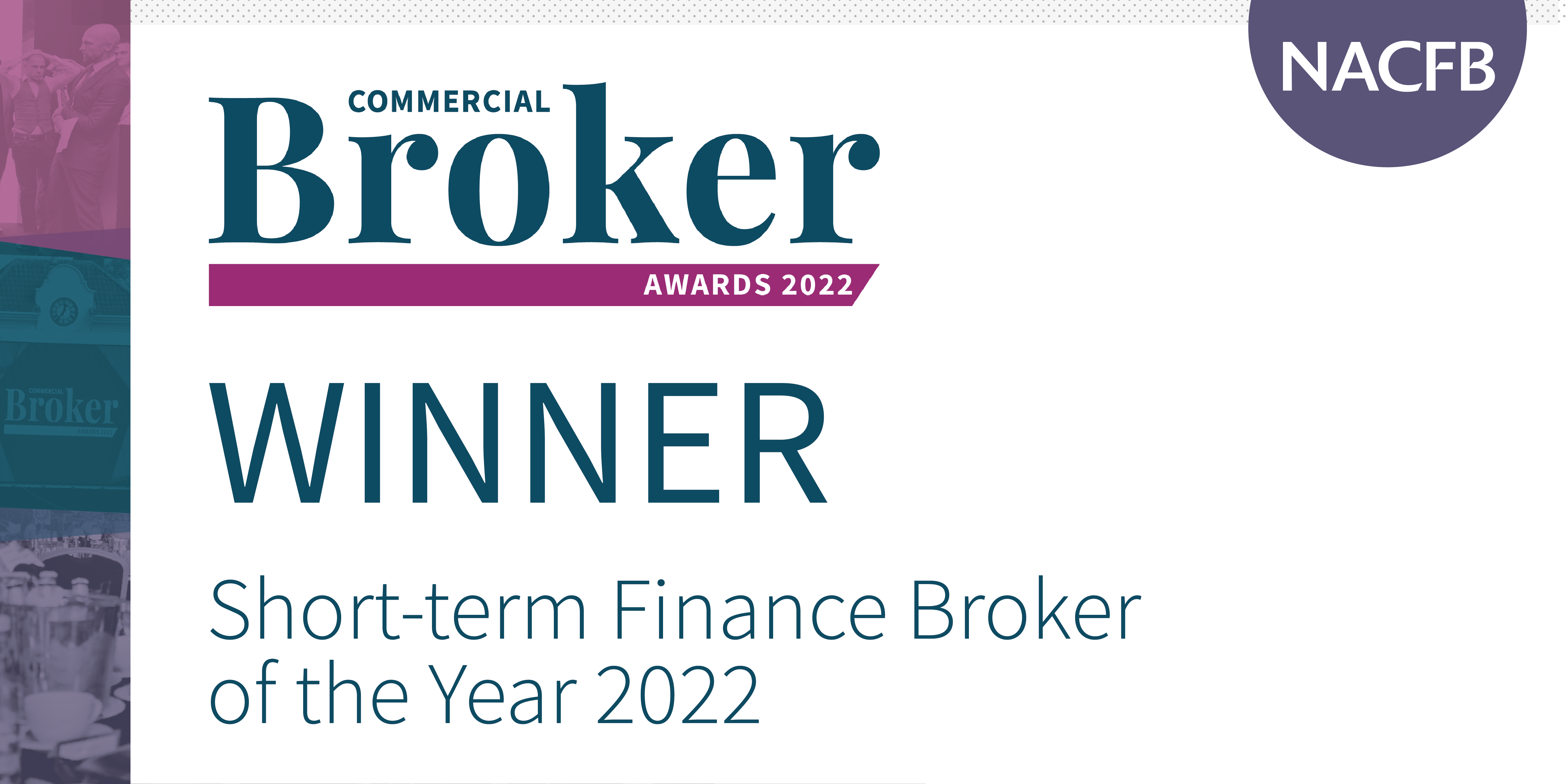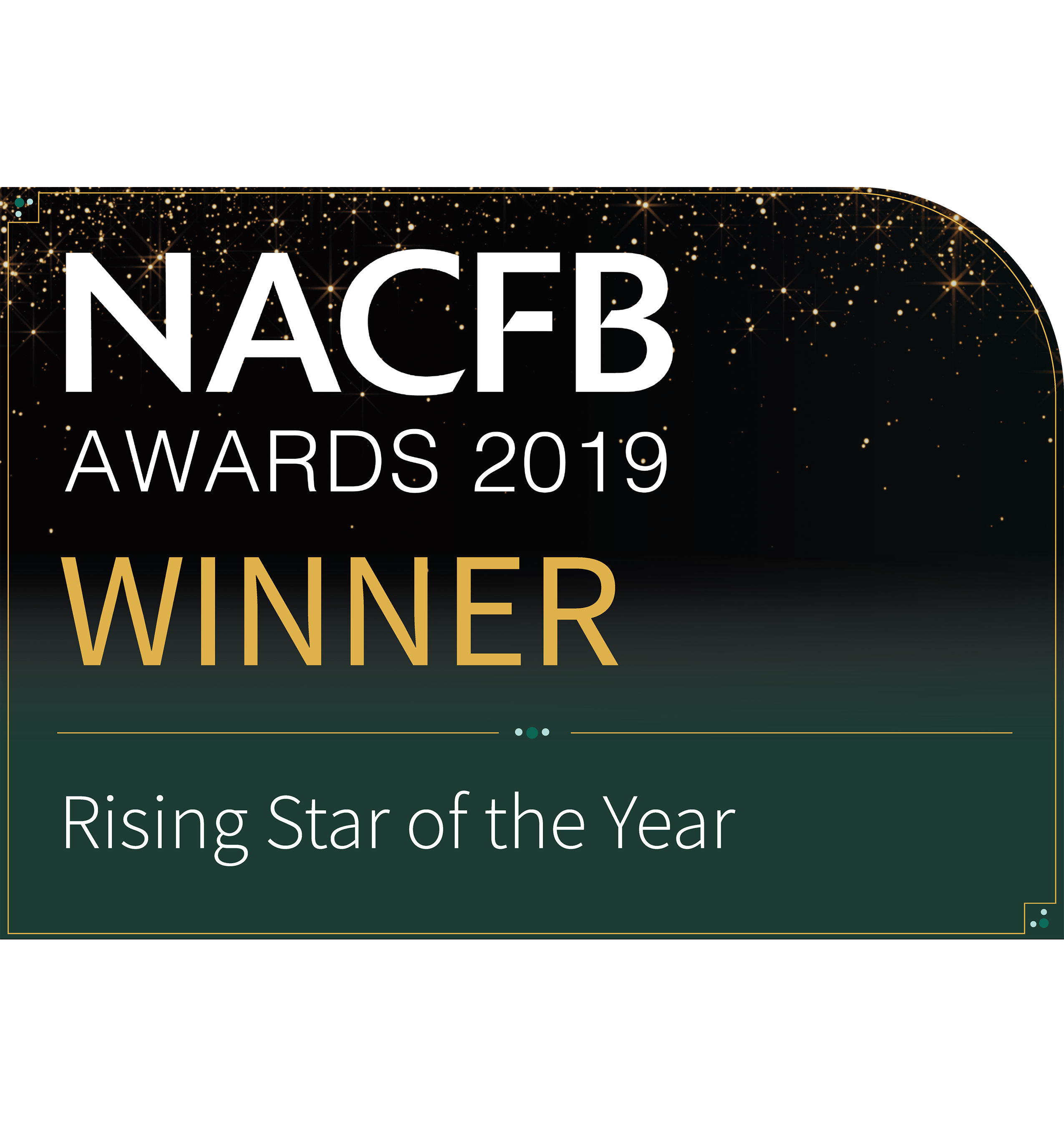At VIBE, we understand that navigating the complexities of mortgage renewal can seem daunting. Remortgaging can offer you a way to better manage your finances by securing lower interest rates or different mortgage terms. This guide provides essential insights into how remortgaging works, helping you make informed decisions about your mortgage options.
Understanding Remortgaging
Remortgaging involves switching your existing mortgage to a new deal, either with your current lender or a different one. It’s an effective strategy to enhance your financial flexibility and potentially lower your monthly mortgage payments. Whether you’re looking to release equity, reduce costs, or adjust your mortgage term, remortgaging could be an ideal solution.
Remortgaging is particularly useful in a fluctuating economic climate where interest rates may vary significantly. By remortgaging, homeowners have the opportunity to take advantage of lower rates, which can substantially decrease the amount of interest paid over the lifetime of the loan. Additionally, if your credit situation has improved since you first secured your mortgage, you might qualify for better terms, which can include lower rates and more favourable repayment conditions.
It’s also an excellent tool for adjusting the term of your mortgage. For example, if your financial situation has changed and you can afford to increase your monthly payments, shortening your mortgage term through remortgaging can save you interest in the long run. Conversely, if you need to reduce your monthly expenses, extending the term of your mortgage can provide some breathing room in your budget.
Furthermore, remortgaging can provide an opportunity to switch from an adjustable-rate mortgage to a fixed-rate mortgage, offering more predictable monthly payments that are not subject to interest rate changes. This switch can be particularly appealing in a market where rates are expected to rise, providing homeowners with the security of knowing exactly what their payments will be for the duration of the fixed term.
Why Consider Remortgaging?
Interest Savings:
Switching to a mortgage with a lower interest rate can significantly reduce the amount you pay back. By securing a lower rate, you can either reduce your monthly payments or keep payments the same but pay off your mortgage quicker, thus saving a significant amount on interest.
Debt Consolidation:
Remortgaging can allow you to consolidate other debts into your mortgage, potentially lowering your overall monthly repayments. This can simplify your finances by combining multiple debt payments into a single, more manageable monthly payment. Additionally, since mortgage rates are typically lower than the interest rates on personal loans, credit cards, and other types of credit, consolidating your debts under your mortgage can reduce the total amount of interest you pay on your debts.
Equity Release:
If your property’s value has increased, remortgaging can free up some of this equity for home improvements, investments, or other expenses. This can be an excellent way to fund significant expenditures like home renovations, which can further increase the value of your home, or to provide capital for investing in other properties or financial ventures. Releasing equity can also be a strategic move for those nearing retirement, offering a lump sum to enhance their pension or to fund lifestyle changes.
How to Remortgage
- Assessment of Current Financial Situation: Evaluate your current mortgage and financial situation to determine if remortgaging is beneficial. This includes reviewing your current interest rate, the outstanding balance, and the terms of your mortgage compared to what is currently available in the market. Consider any changes in your financial situation that might affect your eligibility for new mortgage deals.
- Market Research: Compare current mortgage products available in the market to find the best deal that suits your financial needs. Look for products that offer lower interest rates or better terms than your existing mortgage. Consider the fees associated with remortgaging, such as arrangement fees, appraisal fees, and legal fees, as these can impact the overall cost-effectiveness of switching to a new mortgage.
- Application: Apply for the new mortgage, which will involve credit checks and property valuation. Prepare all necessary documentation, such as proof of income, identification, and details of your current mortgage. The lender will assess your application based on your creditworthiness and the value of your property.
- Approval and Completion: Once approved, legal work will finalise the switch, and your new mortgage will replace the existing one. The process includes conveyancing, where a solicitor will handle all the legal aspects of transferring the mortgage, including registering the new mortgage with the Land Registry.
FAQ Section
Q: When is the best time to consider remortgaging?
A: The ideal time to remortgage is before your current deal expires, usually around three to six months prior, to avoid slipping onto your lender’s standard variable rate, which could be higher.
Q: Are there any costs associated with remortgaging?
A: Yes, remortgaging can involve several fees, including exit fees from your current mortgage, arrangement fees for the new mortgage, and legal fees. It’s important to factor these into your decision.
Q: How long does the remortgaging process take?
A: The process typically takes between four to eight weeks from application to completion, depending on the complexity of your financial situation and the efficiency of the lenders and solicitors involved.
Q: Can I remortgage with bad credit?
A: Yes, it’s possible, though your options may be more limited. Specialist lenders often cater to individuals with poor credit histories, but the rates may be higher.
Q: What should I consider before deciding to remortgage?
A: Consider your long-term financial goals, the length of time you plan to stay in your home, and the potential savings versus the costs involved in remortgaging. Consulting with a financial adviser can also provide personalised insights.
Contact Us
For more detailed advice on remortgaging and finding the right mortgage solution for you, reach out to VIBE. Our expert team is here to guide you every step of the way.
- Phone: 01329 277 599
- Email: [email protected]
- Learn more about our consumer services
Follow VIBE on Social Media:
VIBE Finance is a Trading Style of VIBE Financial Services Limited – We are authorised and regulated by the Finance Conduct Authority (No. 798033).













Your text resonates like a distant melody remembered, drawing attention to subtle patterns of thought and feeling. It encourages reflection, evokes quiet awareness, and creates a gentle, immersive literary experience.